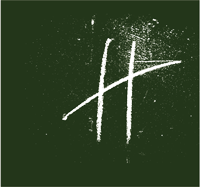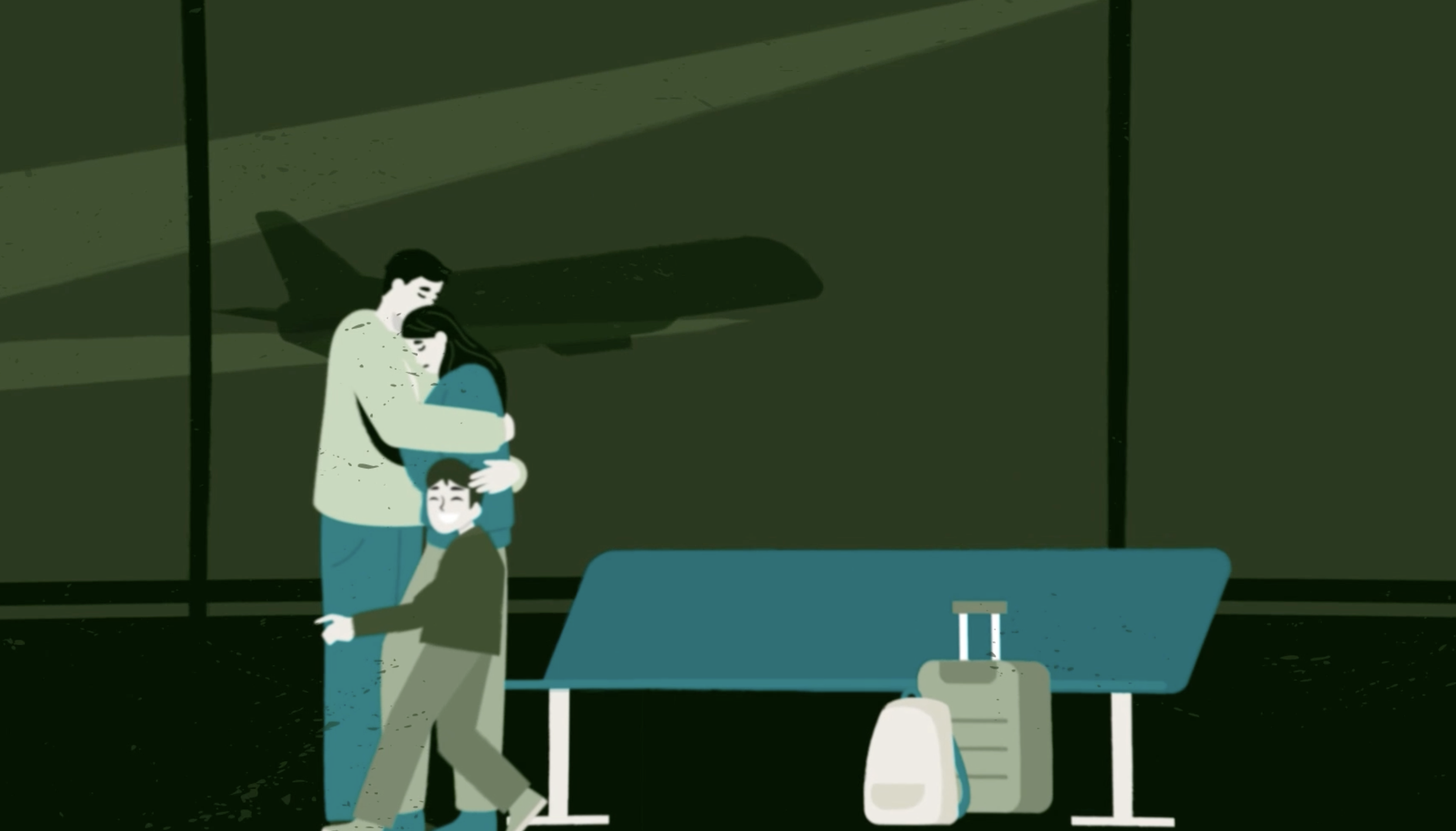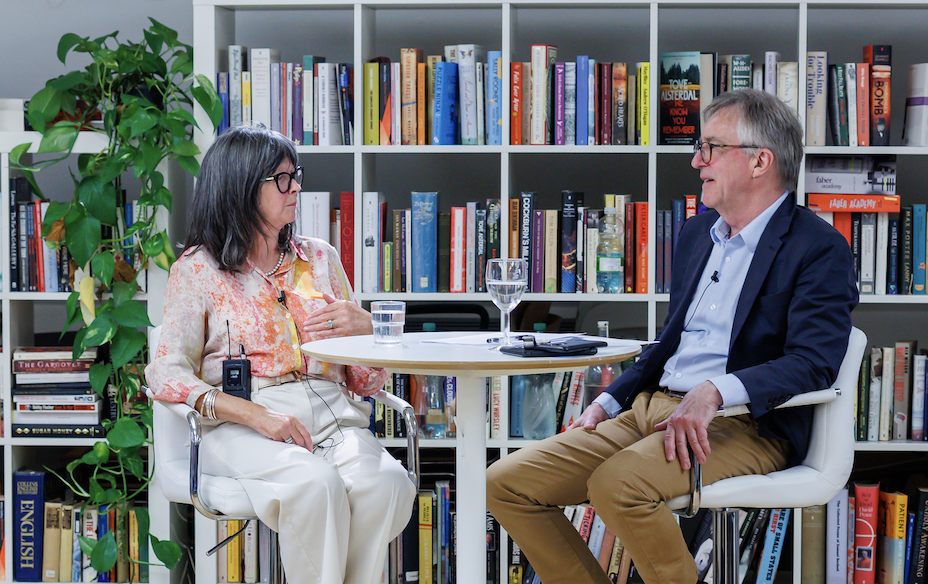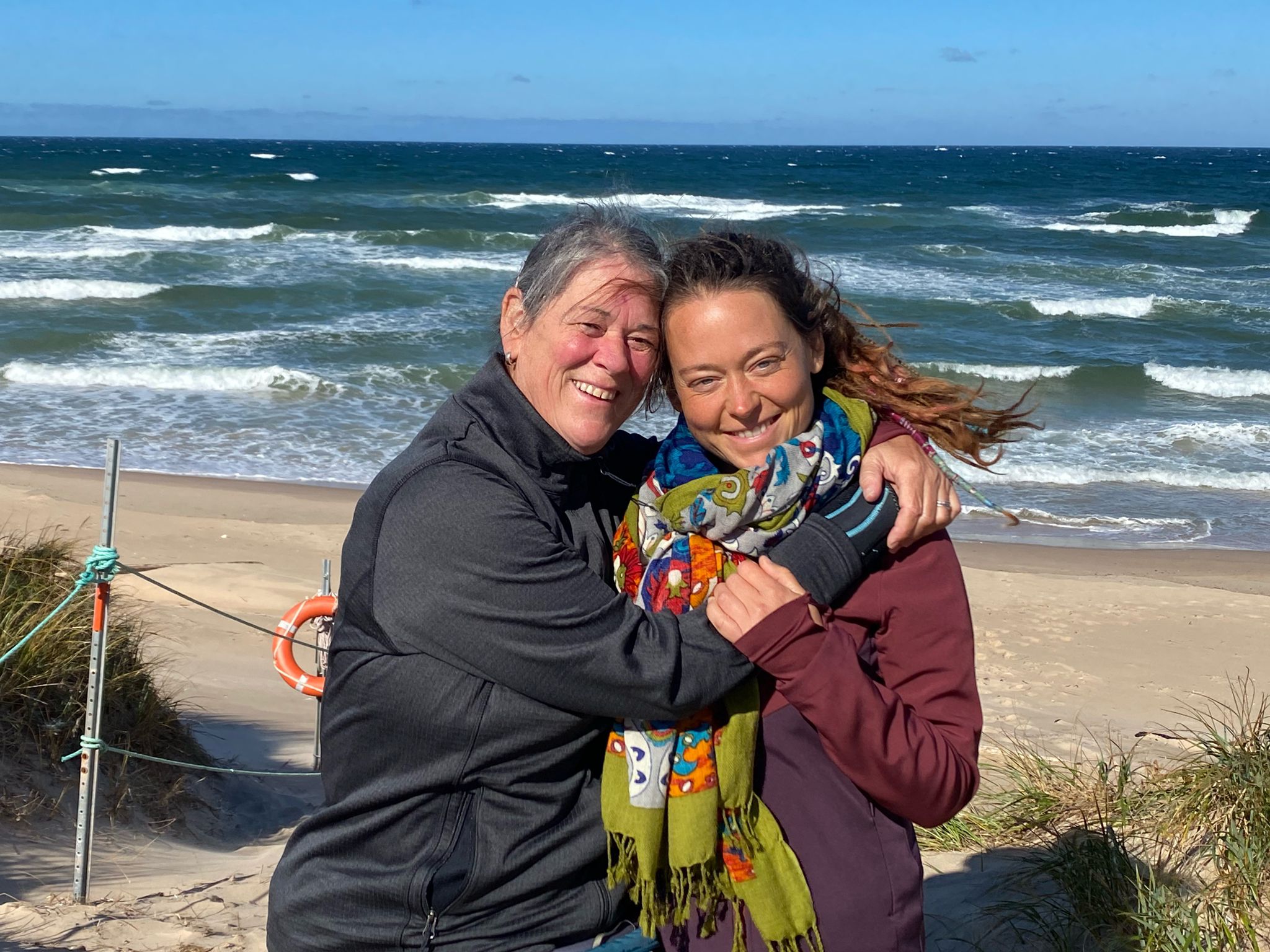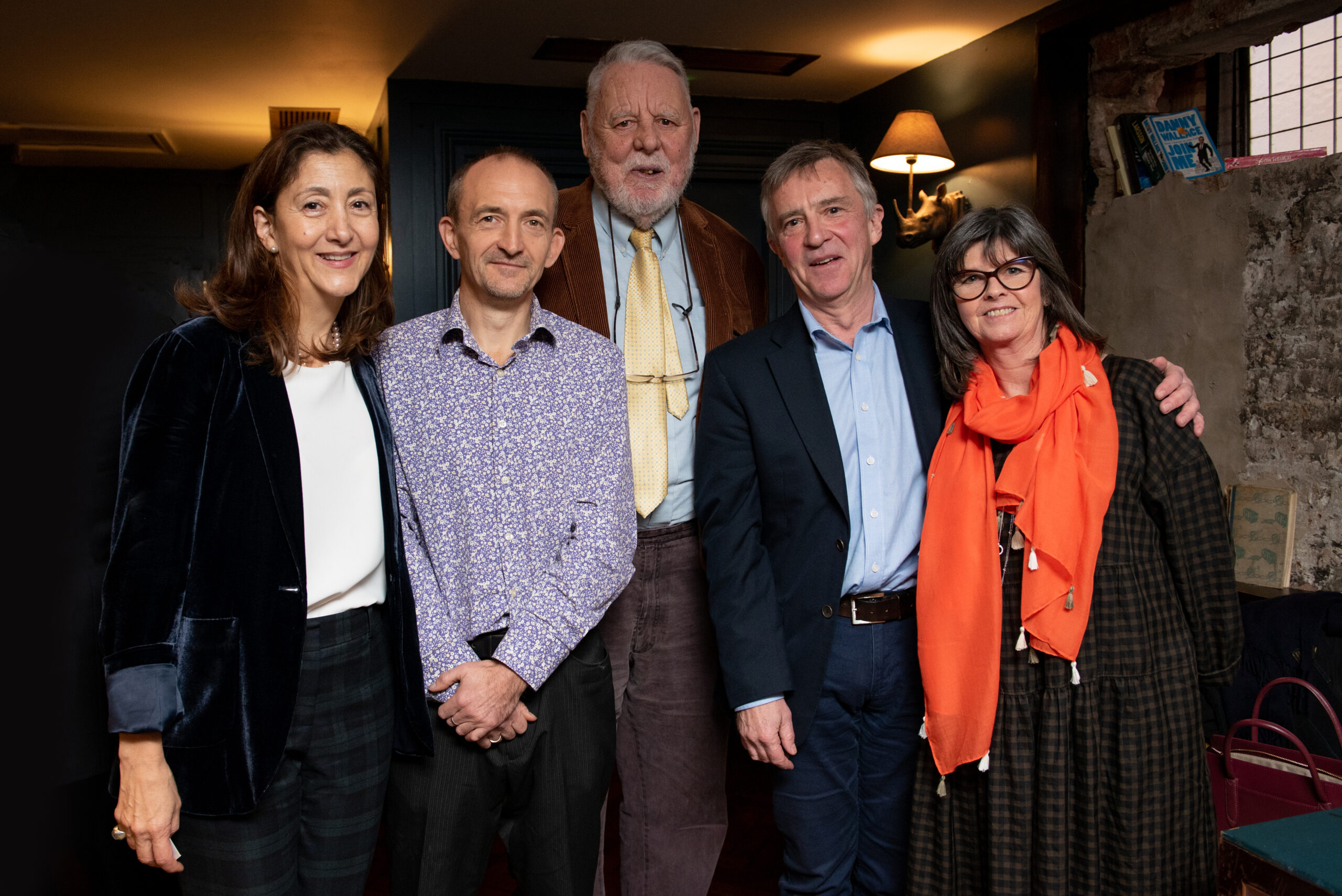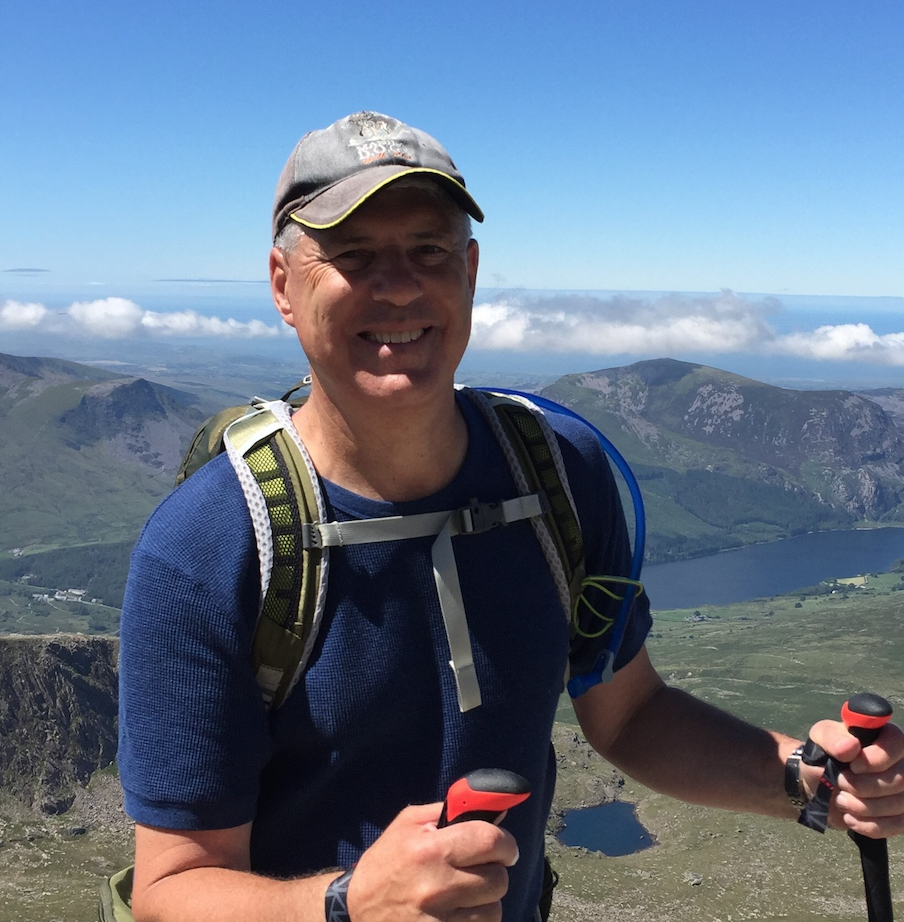
Nick Hitch on Mount Snowdon
My experience: Living a happy and constructive life beyond In Amenas
16 January 2013 is a date that Nick Hitch was convinced he would not survive when militants linked to Al-Qaeda attacked the In Amenas gas plant in Algeria where he worked as a manager. A decade on, rarely a day passes when Nick doesn’t think back to that fateful day in which he lost 40 colleagues and friends. Nick, who is based in London UK, has been volunteering with Hostage International for seven years to help us improve our services from the perspective of someone who has survived a huge trauma. Here he talks about his experience and shares his reflections on surviving such a brutal ordeal and the challenges around elements of his recovery.
Nick featured on BBC’s Radio 4 Life Changing in November 2024. You can hear his interview with Dr Sian Williams here.
Living through such a crisis has been illuminating going forward, not to mention a considerable learning experience. Despite the difficulties of having witnessed such terror, I have found it possible to move on in a productive and happy way and really hope for a similar outcome for other survivors.
Despite the terrifying disasters than can devastate our lives, the basic human qualities of respect and kindness in those supporting my recovery have helped me move on. Obviously, there are things that I continue to grapple with, but overall, I feel encouraged that things are moving in the right direction.
Confronting brutality
The brutality of the terrorists was shocking; the harm they could contemplate and the way they hurt people so casually. The fact that someone can get up in the morning intending to shoot someone seems incomprehensible. Twenty years before these terrorists were mere babies in their mother’s loving arms… I don’t understand how so much hatred entered their hearts. I doubt I will ever really understand.
After returning home, I later met and supported some families but was deeply affected by how distraught they were. The police showed me a photo of one of my colleagues’ wife and baby before I met them. I had that lovely image of his wife in my mind, but when I met her, I couldn’t see the person in the photo, only a woman who was totally crushed by the death of her husband.
When supporting people, those of us who have a deep experience of trauma often have a natural empathy with people who are struggling – I have been there, so I sense a connection without saying anything.
The loss of my old life
One particularly stunning moment occurred after my escape when I was in the ambulance on the way to the hospital. As we drove past my accommodation camp, I had this fleeting thought that I would be bandaged, return to the base, sort everything out, and get back to the meeting I’d been in. But within seconds, I realised that thought was crazy, I pressed my face up against the window to have a last glimpse and realised that life was gone forever.
That’s one of the hardest things for people to understand – the abrupt loss of life as it was. For me, the attack and those first bullets sounded the end of my career. I found losing it hard, but I needed to accept the loss and move on to something new.
However, I have a bit of an existential crisis around surviving when others didn’t. It doesn’t seem credible that I can still be alive when so many others died around me. It makes living seem unrealistic or otherworldly, and at times terrifying.
Finding a sense of meaning
As an adult, I previously had a sense of security and safety, but the effect of the trauma can sometimes drag me into feeling like a terrified child in a nightmare world where anything can happen. At night, during the first few months of recovery, I imagined the terrorists coming in through my bedroom window or rushing up the stairs and crashing through the door.
Living with this background noise of anxiety and stress makes it hard to relax. We all live with many routine practical problems each day but cope ok. But, as with many who have been through trauma, my threshold for feeling overloaded or upset is lower, so it takes a lot of personal management to avoid things getting out of hand. It works about 95 per cent of the time, but the other five per cent might see me getting quite upset or angry and what is needed isn’t sympathy, but rather a sense of understanding that I am always working hard at coping and acceptance when I am unable to cope.
Back at In Amenas, when I was sitting in the dirt, I was thinking about all the work I’d done to ensure a comfortable retirement. It felt hard and unjust that it was all about to be swept away. I sometimes still feel that I’m hanging by a thread and that everything could still be taken away from me. Tied into all this is a challenge around spirituality and religious faith as it is difficult – but not impossible – to accept the concept of a kind, loving God having been cruelly abandoned.
In daily life, I have to think about how I talk about my experience with others and be careful to make sure that it’s acceptable – not to irritate, bore or frighten anyone. I don’t talk about it often, but it is a helpful conversation for me when it happens – and that’s a key area in which Hostage International helps people.
Recovery in a changed world
Before the incident, I was in a high-profile job with many complexities, but in just a few days my horizon collapsed, and I could barely cope with doing more than one or two things in a day and often felt overloaded with information.
For two years after the event, my schedule was dominated by medical appointments and operations, trauma therapy, police enquiries, legal challenges, inquests etc… all of which are important, but they took over my life, were upsetting, and made my mental health worse.
The world is now a scary place for me and leaving home is quite a daunting prospect, requiring careful preparation before and some quiet downtime afterwards. I am always scanning for threats and fearful of danger. But safe and familiar places with good friends, like the golf club, have become very important.
All my relationships are affected and now viewed through the lens of the incident, judging others by how they relate to these events and whether they assist or undermine my recovery. Existing relationships can become strained if they prove to be unsupportive. The effort of recovery is huge and, no matter how capable someone was before, they will be affected and might shrink into a core like that of a frightened child.
Survivors often need to make a very determined and committed effort to recover and every bit of encouragement and support from others is precious.
Finding post-traumatic growth
People seem to have an individual and natural response to trauma, thinking it through and trying to find a rational intellectual position doesn’t seem to work. Post-traumatic growth occurred naturally for me, but I made an effort to look for it too.
There is a stress around things that I deeply value being taken away, yet some other things have come only because of the trauma, which makes it easier to accept, rather than thinking about what was lost.
I kept a ‘reasons to be cheerful’ list, and realised that while all new things are special, the most special are those things that wouldn’t have been possible without the trauma. For example, working with Hostage International – no matter how small my contribution – I couldn’t have done this without In Amenas.
I initially thought that voluntary work was a nice pastime, but, actually, it is a crucial part of my recovery – diverting energy into something constructive, allowing myself to change and to accept and enjoy, rather than being what I was before. It has helped make life happy and constructive again.
The challenge of forgiveness
I find the challenge of forgiveness problematic. Thoughts of anger and retribution are natural when a wrong has been done, but they are unpleasant and damaging. While I have tried to develop a rational viewpoint on this issue I am acutely aware that my internal feelings are very different.
Although many rotten things happened, when I think about what or whom to forgive – because I survived – I have had the opportunity to recover, so when I have feelings of revenge or retribution it is around what was done to others that sticks in my brain. I feel stuck as I have no right to forgive these things.
The concept of forgiveness is complex and confusing to me and I’m not even sure if I understand it at all. Maybe the best I can do is to set aside all the unpleasant things done to me and focus my attention and effort on constructive things. That’s where voluntary work comes in; I feel I am honouring the dead by serving the living and it is the most constructive response to the difficult things that have happened.
Trauma is forever
It is tempting to think that over time and with appropriate mental health support that trauma memories will be resolved, and the mental slate wiped clean. Unfortunately, it’s not that easy; we can’t change what happened in the past, nor change the memories of those terrible events, we can only change the way we relate to those memories and integrate them into our lives.
It’s like a war memorial in a small village. These monuments can be huge and when first built the names would have been contemporaries – sons, fathers, brothers, friends… and the memories would be raw. But as time goes by it becomes less sensitive; moss and plants grow, and while the memorial is still there it becomes more benign and integrated into its environment and in some way, more acceptable. The memories are still there but feel more acceptable now.
Nearly a decade on I am doing another phase of trauma therapy – I found the Covid pandemic anxieties a bit too much on top of trauma. I find reliving experiences is sometimes brutal and the trauma memories are as hot as ever. It is like playing an old DVD which may have a dusty cover, but the digital recording is as loud and colourful as ever.
I do not know how long this treatment must continue or how often it might need to be refreshed in the future; only that I am grateful to be alive, privileged to have such dedicated mental health support available to me and optimistic about the possibilities for the years I have left. Wish me luck and I hope these reflections may provide some support, optimism and understanding for others.
If you have been moved by Nick’s story and would like to contribute to the work of Hostage International, please do so here.
Nick is pictured here climbing Mount Snowdon in Wales, UK.
